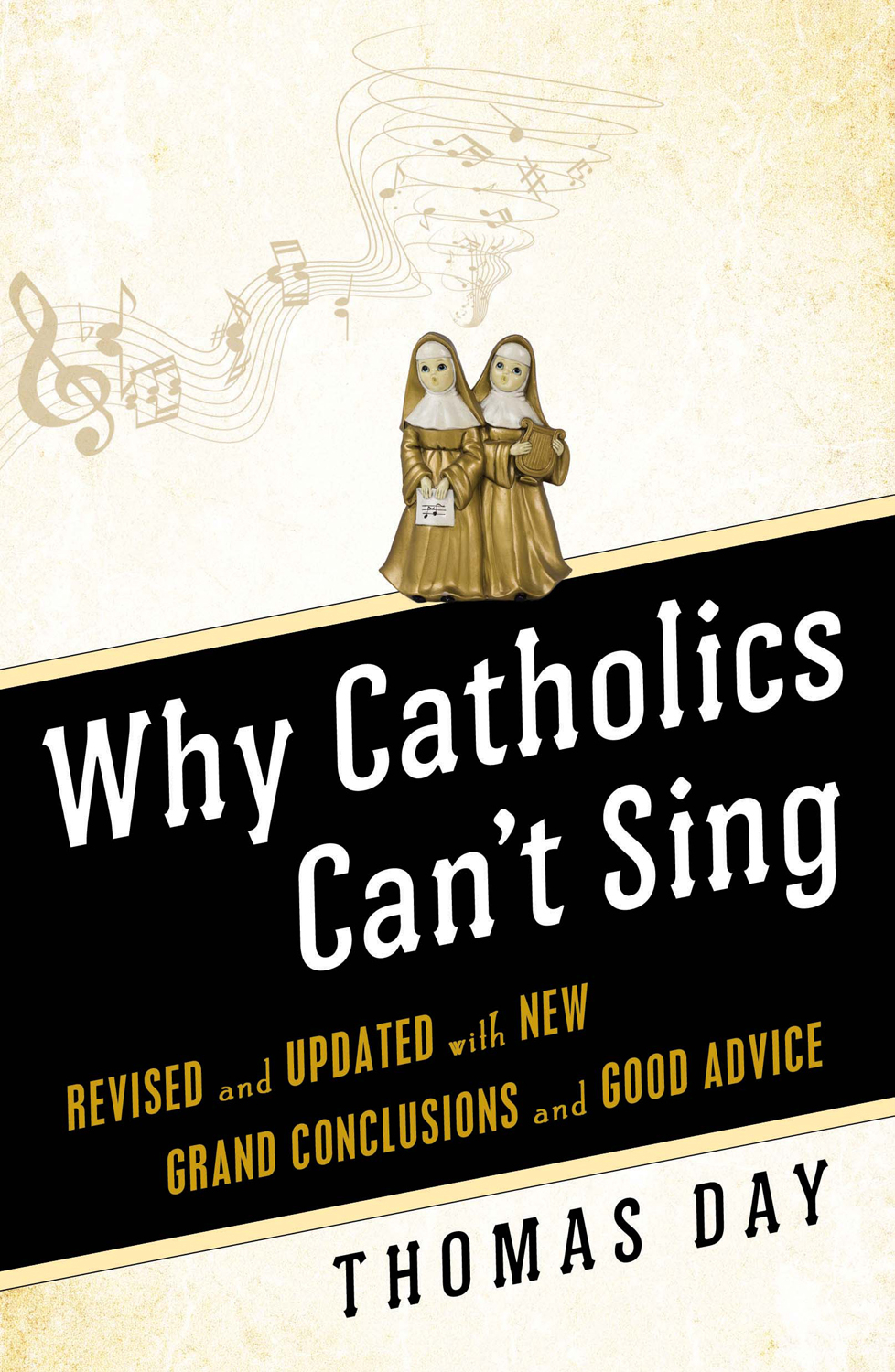- Title: Why Catholics Can’t Sing
- Subtitle: Revised and Updated With New Grand Conclusions and Good Advice
- Page Count: 192
- Available Formats: Epub (9780824501495), Mobipocket (9780824501501), Trade-paper (9780824549848)
- Trim Size: 5.25 x 8.25
- Publication Date: 04/10/2013
- Edition: EPUB
- BISAC 2 : RELIGION / Christianity/Catholic
- BISAC 3: RELIGION / Christian Living/General
- Original language: English
- Retail US: Epub (23.99), Mobipocket (23.99), Trade-paper (24.95)
- Retail Canada: Epub (31.99), Mobipocket (31.99), Trade-paper ()
- Retail Canada: 31.99

